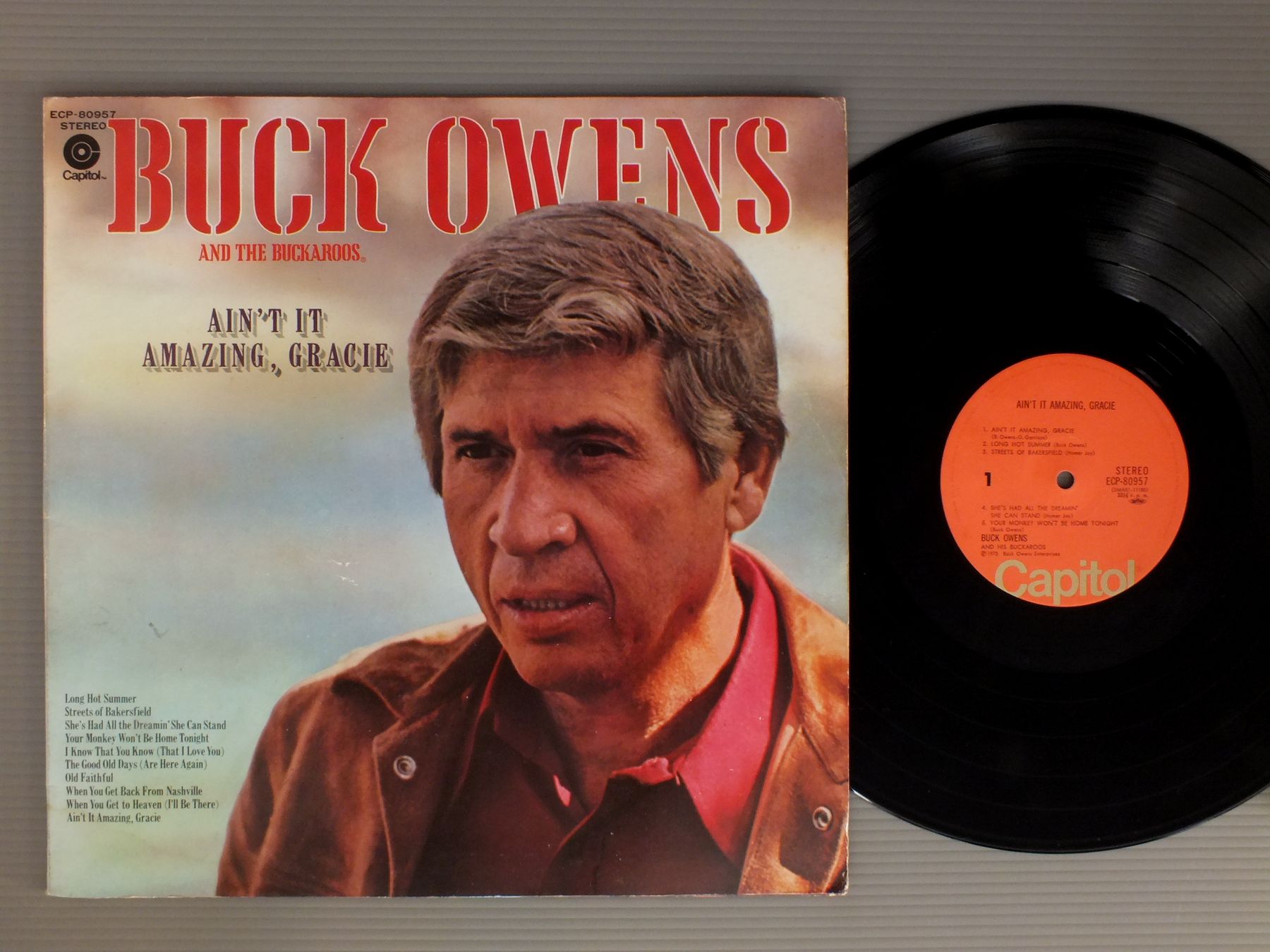
The Irresistible Pull of Love Set to a Bakersfield Beat
When Buck Owens released “My Heart Skips a Beat” in 1964, it didn’t just resonate with country fans—it claimed the top spot on the Billboard Hot Country Singles chart and helped cement Owens as a pioneering force behind the West Coast’s answer to Nashville’s polish. Featured on the album “Together Again/My Heart Skips a Beat,” the song shared billing with another of Owens’ number-one hits, creating a dual-sided single so potent that each side took turns dominating the charts. This was not merely commercial success; it was a cultural turning point that would shape the sound of modern country music.
“My Heart Skips a Beat” is deceptively simple—just over two minutes long—but within that brevity lies a masterclass in emotional economy and musical authenticity. At its core, it is an earnest declaration of love’s involuntary power, expressed through clean guitar lines, clipped rhythms, and Owens’ signature nasal twang. The song captures that fluttering moment when affection becomes overwhelming, when emotion outruns reason, and all one can do is surrender to the quickening rhythm of the heart.
Recorded at Capitol Studios in Hollywood, the track exemplifies the hallmarks of what became known as the Bakersfield Sound—a rawer, more electrified style of country music that stood in stark contrast to Nashville’s orchestral sheen. With Don Rich’s crisp Telecaster riffs and Buck’s unembellished vocal delivery, “My Heart Skips a Beat” represents a musical philosophy that prized authenticity over ornamentation. There are no sweeping strings or layered harmonies here—only tight instrumentation and direct feeling, which made Owens’ music deeply relatable to working-class audiences across America.
Lyrically, the song sidesteps metaphor or pretense. “Oh my heart skips a beat when we walk down the street / I feel a trembling in my knees,” Owens sings with disarming simplicity. It’s in this unvarnished honesty that we find the song’s enduring power. Love is not framed as an epic or an abstraction; it’s found in everyday encounters—a walk down the street, a glance across a room. The universality of such imagery grants “My Heart Skips a Beat” its timelessness; it doesn’t age because its sentiments remain true.
Moreover, in the context of mid-60s America—an era teetering between post-war optimism and social upheaval—Owens’ sound provided both comfort and vitality. It reminded listeners that amid chaos and change, some truths remain beautifully constant: the nervous joy of love, the electricity of connection, and how even the steadiest heart can be thrown off rhythm by someone special.
Today, “My Heart Skips a Beat” stands not only as one of Buck Owens’ most beloved hits but as a cornerstone of country music’s evolution. It echoes through decades of artists who followed—from Dwight Yoakam to modern alt-country troubadours—each indebted to Owens’ ability to fuse emotional clarity with musical integrity. In just two minutes, he encapsulated what so many strive for: to make hearts race with nothing more than honesty and a Telecaster twang.